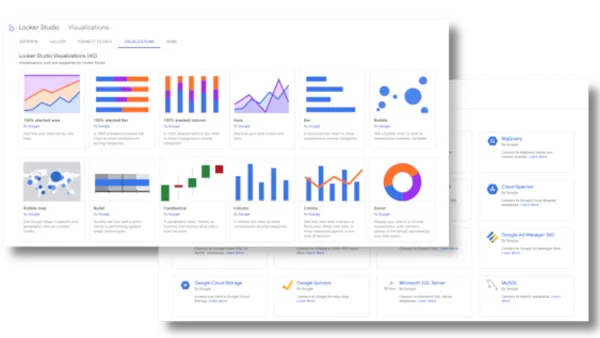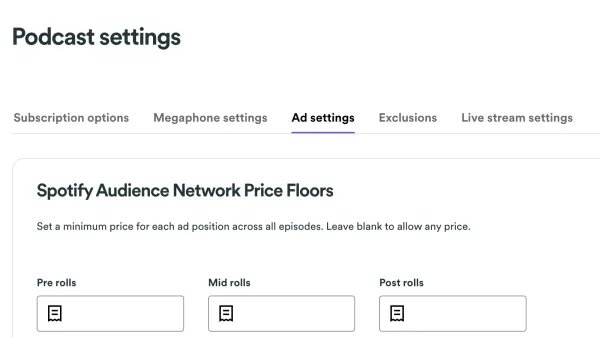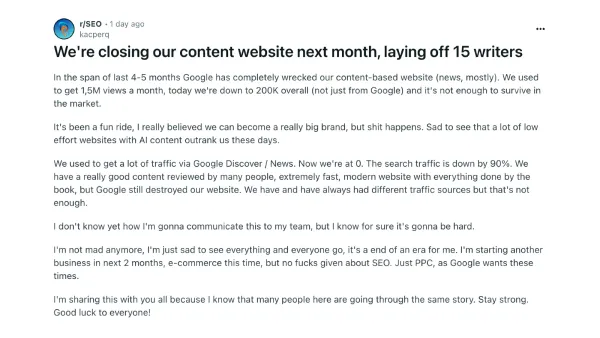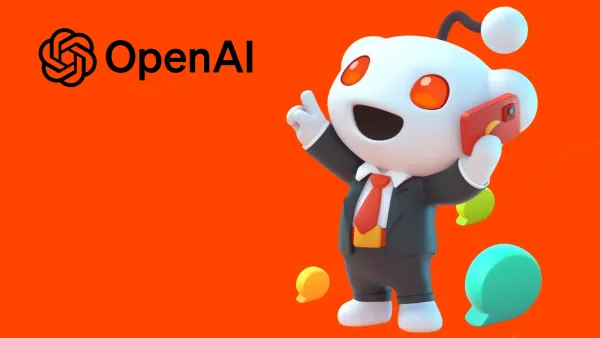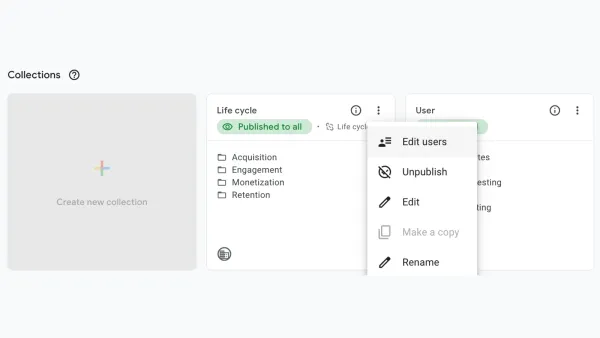GumGum cuts bidstream CO2 emissions by 38% through partnership with Assertive Yield
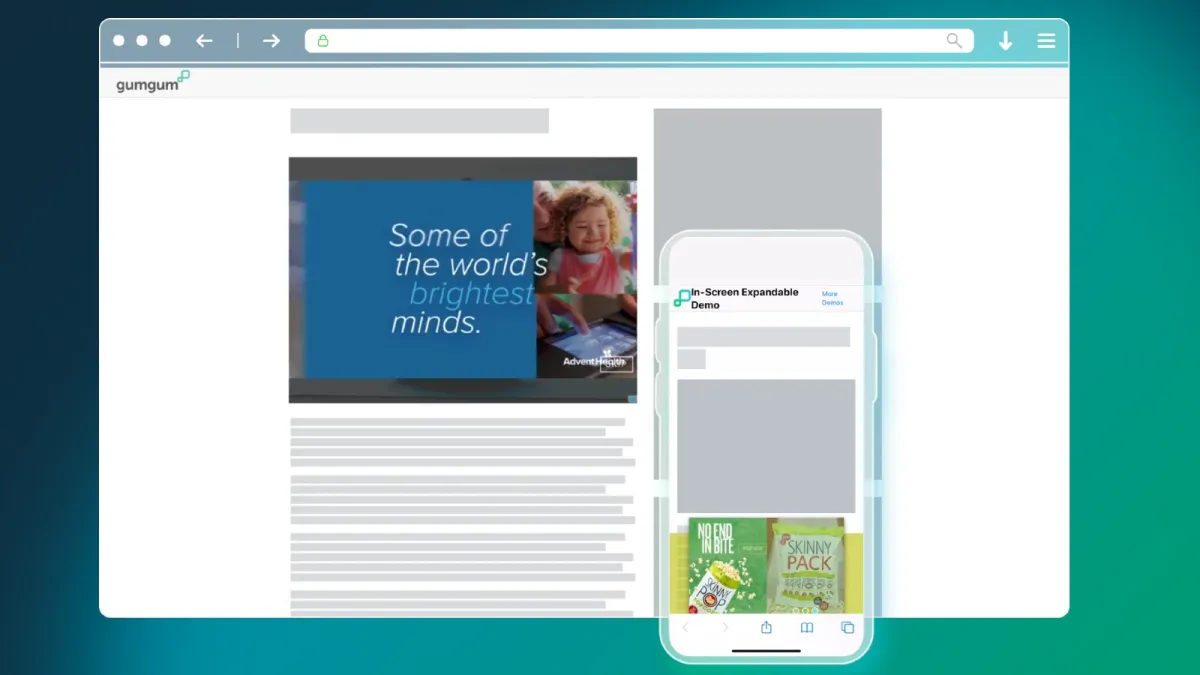
GumGum this week announced a significant reduction in its bidstream carbon emissions. This achievement comes through a collaborative effort with Assertive Yield (AY), a company specializing in AI-driven traffic shaping solutions for digital advertising platforms.
The digital advertising industry relies on real-time bidding (RTB), where ad exchanges facilitate rapid auctions between advertisers and publishers for ad placements. This process involves numerous data requests and responses, generating carbon emissions through network transmission. These emissions are often referred to as "bidstream emissions."
GumGum partnered with AY to optimize its bidstream efficiency. AY's Traffic Shaping technology allowed GumGum to manage communication with its demand-side platform (DSP) partners more effectively. By setting customized Query Per Second (QPS) thresholds, GumGum could control the frequency of data requests sent to each DSP.
Leveraging Cedara's enterprise software, GumGum precisely measured its carbon footprint associated with bidstream activities. By analyzing data before and after implementing AY's solution, GumGum observed a substantial reduction:
- Reduced Requests: Bid request volume dropped from 161.2 billion to 99.2 billion, representing a 38% decrease.
- Lower Emissions: This translates to avoiding an average of 7 tons of CO2 emissions daily, primarily from network traffic. The US Environmental Protection Agency (EPA) equates this to the carbon footprint of driving 17,903 miles in a gas-powered car or powering 1.4 homes for a year.
Benefits and industry significance
This initiative offers several advantages:
- Reduced Environmental Impact: The partnership demonstrates a concrete step towards a more sustainable digital advertising ecosystem.
- Improved Efficiency: By optimizing communication with DSPs, GumGum potentially enhances campaign performance and reduces unnecessary resource consumption.
- Scalable Solution: The approach adopted by GumGum and AY can be implemented by other advertising platforms and publishers, promoting broader environmental benefits.
GumGum’s collaboration with AY aligns with a growing movement within the digital advertising industry to achieve carbon neutrality. Optimizing bidstreams represents a significant step towards this goal. The emission calculations employed by GumGum adhere to the framework established by the SRI/Alliance Digitale (IAB France) for measuring digital media emissions.
Potential disadvantages of bidstream optimization for reducing carbon emissions in the digital advertising industry:
Reduced Competition: Excessive throttling of bid requests could limit competition among DSPs for ad inventory. This might lead to lower prices for publishers and potentially reduce overall campaign performance for advertisers. Finding the right balance between efficiency and competition is crucial.
Data Accuracy: Overly aggressive throttling could restrict the flow of data necessary for accurate ad targeting and campaign optimization. This could lead to inefficiencies and wasted ad spend for advertisers who rely on precise targeting strategies.
Limited Scope: Bidstream optimization is just one aspect of the digital advertising ecosystem's environmental footprint. It's important to consider the carbon emissions associated with other aspects, such as data storage, creative asset development, and user device usage. A holistic approach is needed for a more sustainable industry.


